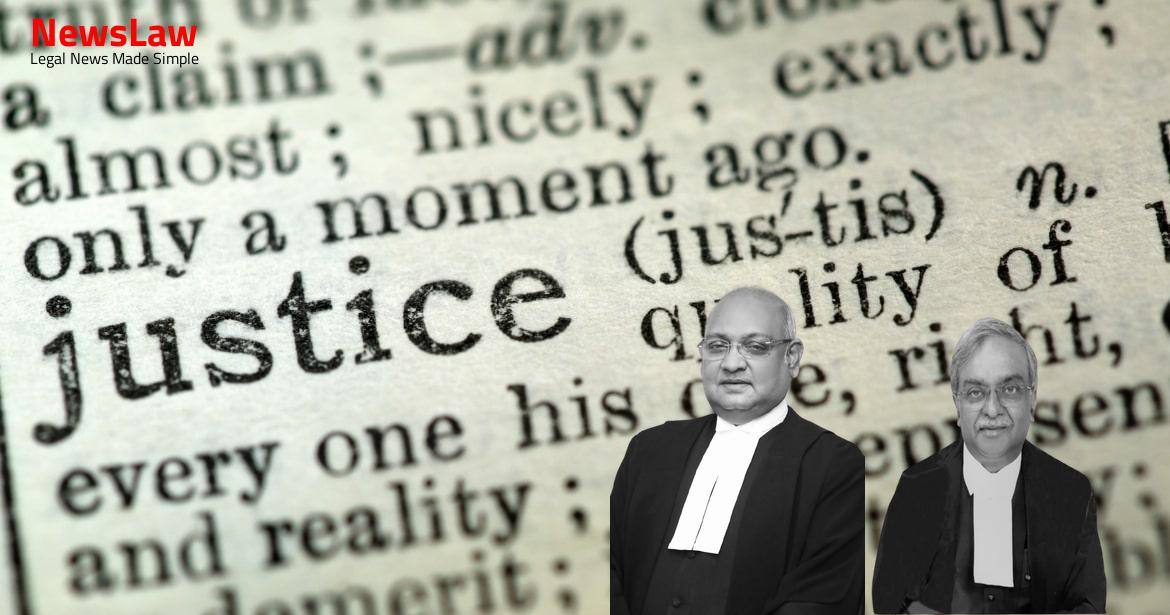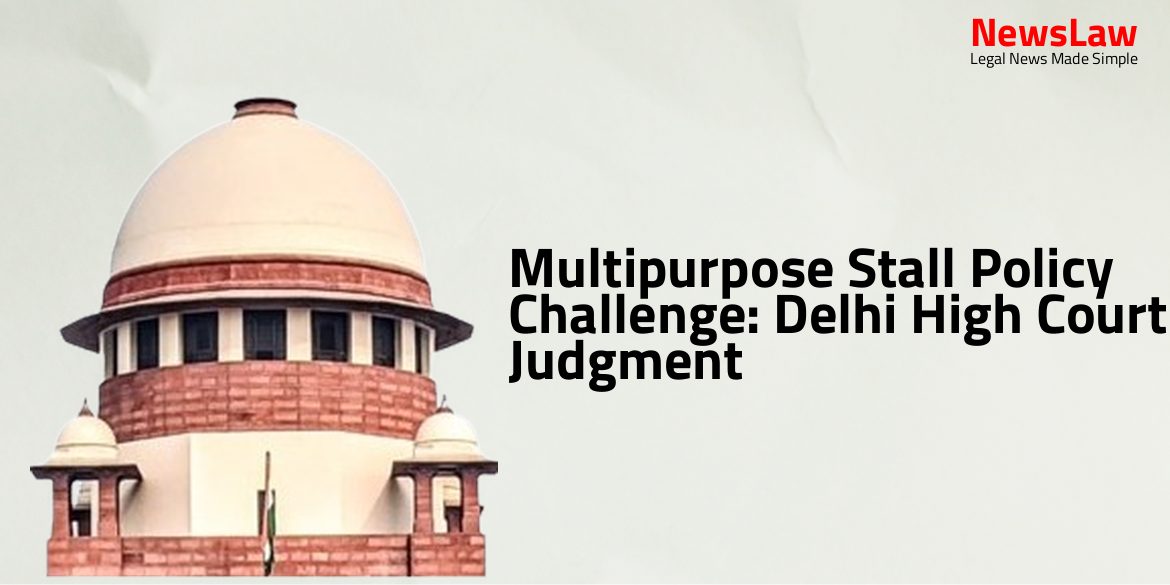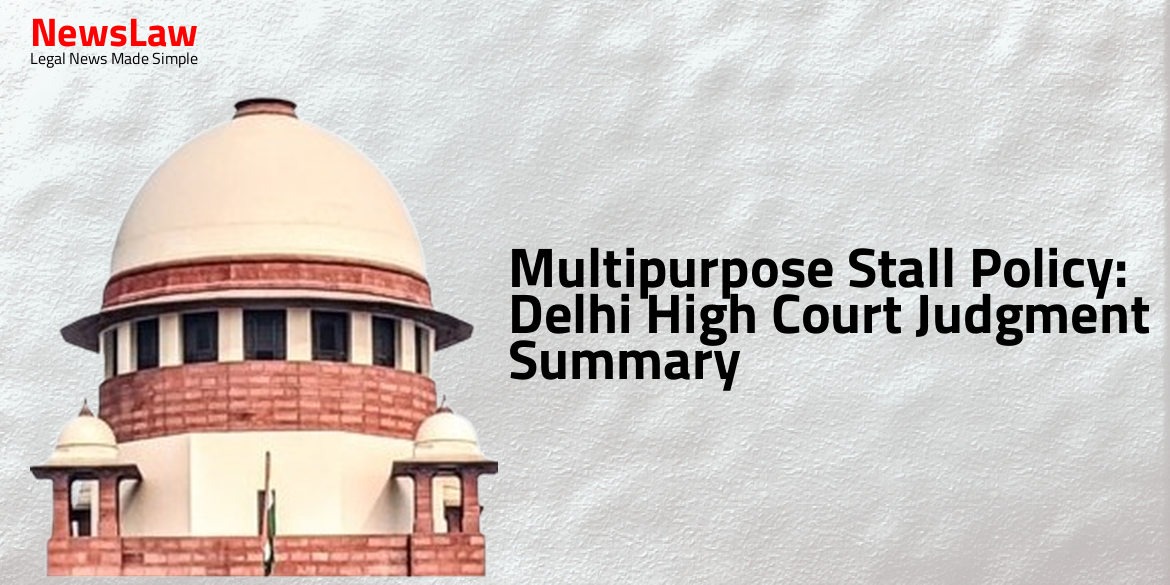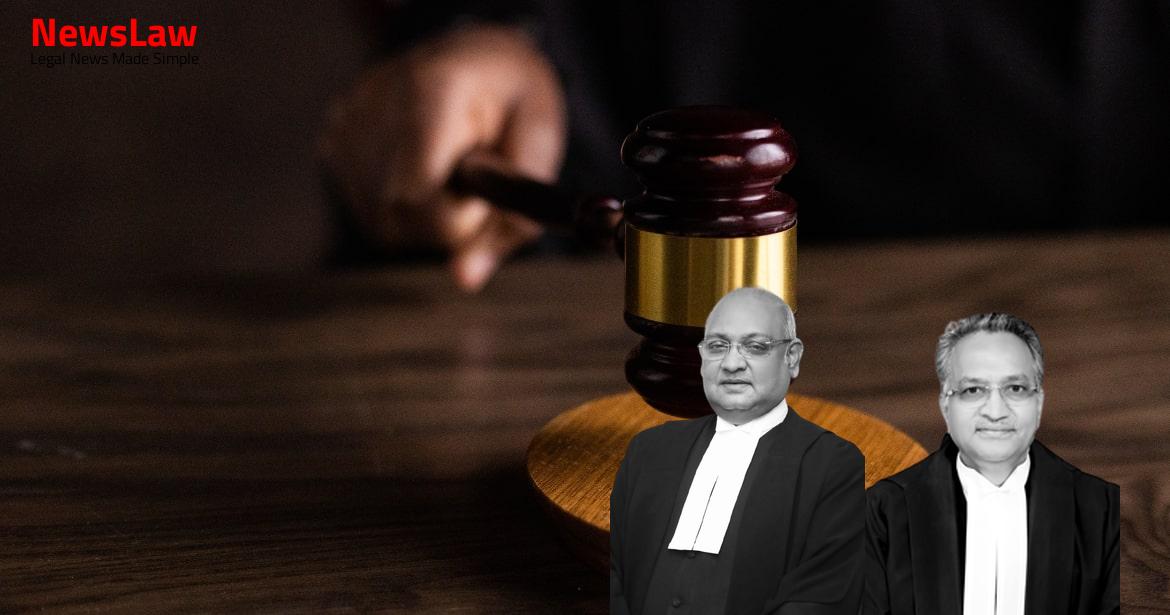In a recent legal case, the Supreme Court highlighted the significance of respecting the jurisdictional High Courts in transfer decisions. The Court underlined the need for cases to be decided based on their individual factual contexts and applicable laws. This blog delves into the nuanced legal analysis carried out by the Court regarding the transfer of cases to ensure fairness and efficiency in the judicial process.
Facts
- Various transfer petitions were entertained and interim orders were passed staying further proceedings in writ petitions pending before different High Courts.
- Notices were issued in some transfer petitions without specific stay orders.
- Certain transfer petitions involved no objections from the respondents for transferring the cases to the Supreme Court.
- The Union of India sought transfer of all pending writ petitions challenging the Amendment Act of 2015 to the Supreme Court.
- Respondent Nos. 1 and 2 in certain transfer petitions also stated no objection to transferring their cases to the Supreme Court.
Also Read: Ensuring Maintenance Rights: Court’s Legal Analysis
Arguments
- Union of India filed transfer petitions under Article 139A and Article 142 of the Constitution.
- Transfer of two Writ Petitions requested to this Court.
- Arguments made against transfer based on possibility of divergence of views or interpretations.
- Counsel referred to a previous case where transfer was declined by the Court.
- Issues related to retrospective operation of amended provisions and bonus calculation discussed.
- Suggestions made against transferring all cases to one High Court for the convenience of parties.
- Alternative proposition to transfer cases for analogous hearing before Calcutta High Court proposed.
- Reference made to a case where similar writ petitions were transferred to Calcutta High Court.
- Arguments against transfer included concerns about losing the right of appeal, peculiar nature of certain cases, and impact on jute industry.
- Mention of potential conflicting views by different High Courts if cases are not transferred.
- Submission that transferring writ petitions to this Court would be in the best interest of parties and maintain consistency in the operation of the statute.
- Mr. Rajiv Tyagi, learned counsel for the contesting respondent in T.P.(C) No 683 of 2019 raised a viewpoint regarding the linkage of qualifying wages to minimum wages in the amended Section 12.
- The varying implications of wages prescribed by different States due to the linkage was highlighted.
- It was suggested that pending writ petitions should be considered by respective High Courts based on specific provisions of each State regarding minimum wages, rather than consolidating all cases before the Supreme Court as the first instance.
- Despite the similarity in legal questions, the Supreme Court is disinclined to transfer these matters to itself or to a single High Court due to various relevant reasons.
Also Read: Analyzing Evidentiary Value in Criminal Conviction Case
Analysis
- The High Court has directed no coercive action against the writ petitioners.
- Divergence of views due to the framework of the statute is not a ground for transfer.
- The transferred cases are to be disposed of by the High Court according to law.
- The decision to transfer cases to this Court or a High Court is based on Article 139A of the Constitution, considering all relevant factors.
- No hard and fast rule is provided for transfers, comprehensive view of facts is key.
- High Court decisions will be beneficial for the Supreme Court if needed.
- Several respondents oppose the transfer of writ petitions to the Supreme Court.
- The Amendment Act of 2015 to the Payment of Bonus Act raised salary and wage limits, leading to challenges in various High Courts.
- The constitutional validity of the CGST Act’s Section 16(2)(c) is being challenged in multiple writ petitions across High Courts.
- The Supreme Court has delegated some cases to High Courts for expedited disposal.
- The Court declined to entertain transfer petitions due to matters being addressed by different High Courts.
- Variances in factual aspects are likely due to the role of appropriate Government in bonus calculation as per the 1965 Act.
- The definition of ‘appropriate Government’ under the Act includes Central Government or State Government based on the establishment.
- Section 36 of the Act of 1965 allows for exemption in the calculation of bonus based on the salary or wage of an employee exceeding a certain limit
- The appropriate Government has a role in granting exemptions under Section 36
- Decisions on individual writ petitions regarding bonus calculation should consider the relevant decision of the appropriate Government
- Having the benefit of views from jurisdictional High Courts before considering questions of law in the Supreme Court is deemed appropriate
- The amendments introduced in 2015 have retrospective effect from April 1, 2014
- Definitions of ’employee’ and calculation of bonus under certain circumstances are provided in clause (13) of Section 2 and Section 12 of the Act of 1965, respectively
- Counter affidavit has been filed in the matter before the High Court of M.P., Indore Bench.
- The High Court is not inclined to entertain transfer petitions for cases pending before various High Courts, as various High Courts are already handling the matters.
- It is deemed appropriate that petitions in the jurisdictional High Courts are decided based on their own factual background and applicable law.
Also Read: Legal Authority and Res Judicata in Representation Matter
Decision
- The proposition for transfer of matters to any one High Court is not considered necessary.
- The prayer for transfer of subject petitions is declined and interim stay orders are vacated.
- Parties can request respective High Courts for expeditious hearing and disposal of pending writ petitions.
- Respective High Courts are requested to proceed with matters expeditiously with reasonable priority.
- Pending applications, if any, shall stand disposed of.
- Parties are at liberty to advance their arguments before the High Court of Madhya Pradesh, Indore Bench.
- Parties can bring this Order to the notice of concerned High Courts for expeditious disposal of their cases.
- High Court of Madhya Pradesh, Indore Bench is requested to dispose of Writ Petition No. 9443/2020 as early as possible and preferably within two months from the date of this Order.
- Transfer Petitions are disposed of with the given terms.
Case Title: UNION OF INDIA ETC. Vs. THE UNITED PLANTERS ASSOCIATION OF SOUTHERN INDIA ETC. ETC. (2022 INSC 673)
Case Number: T.P.(C) No.-000884-000895 / 2016



